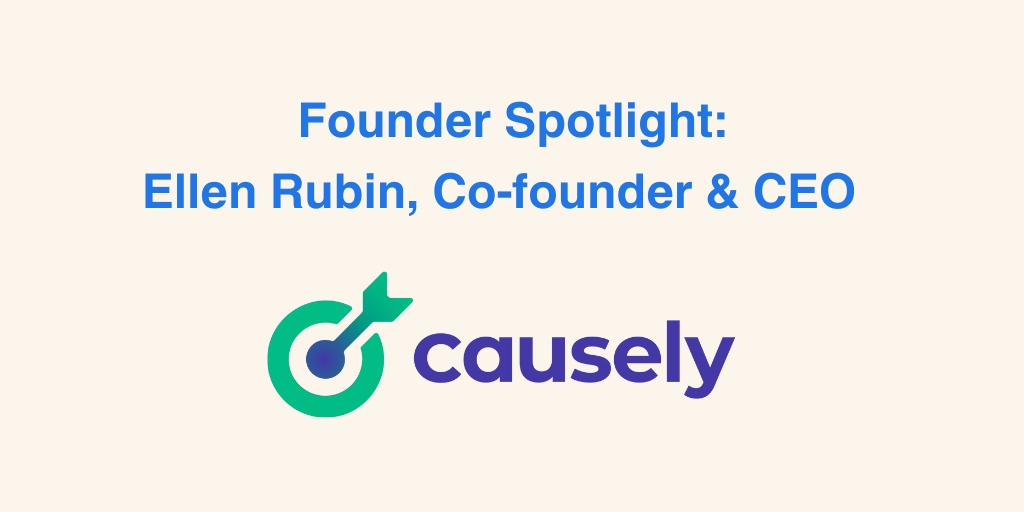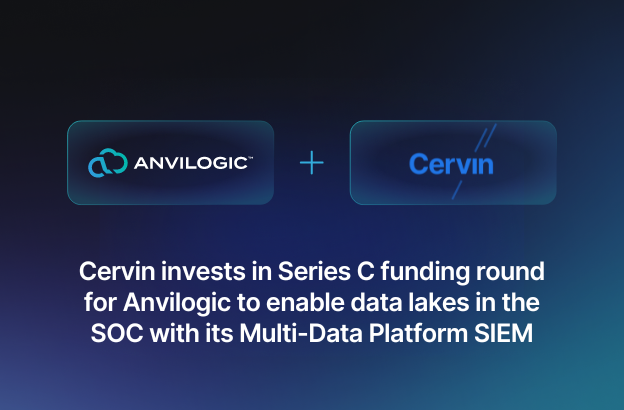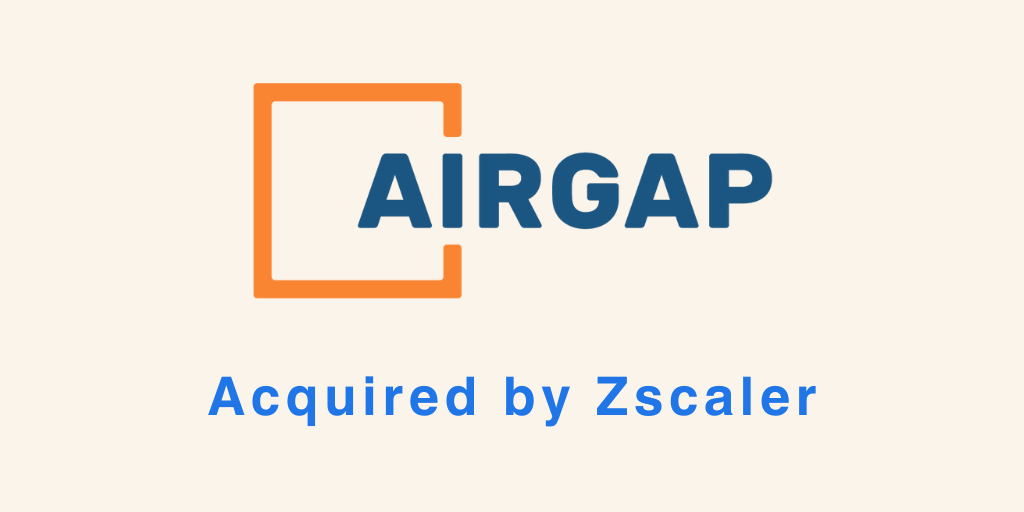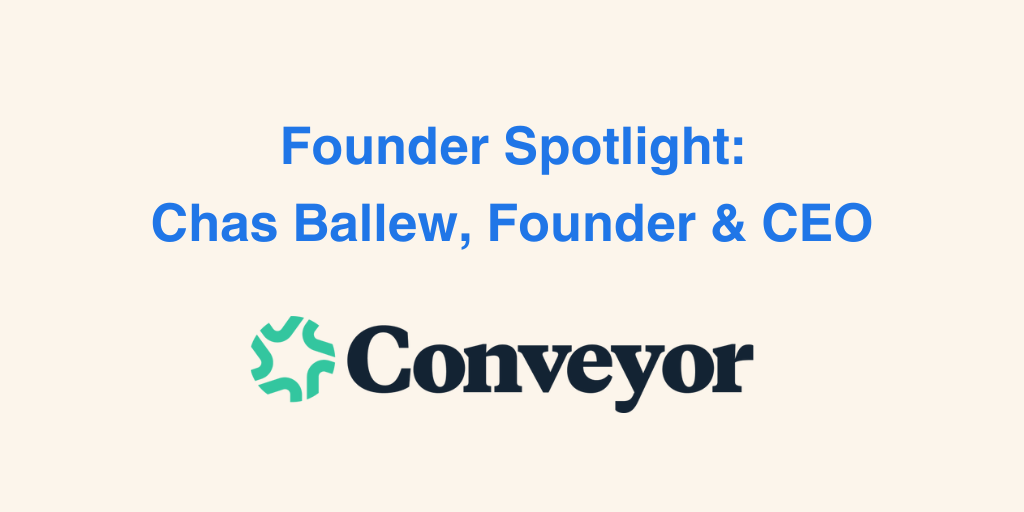Part one of their two part interview can be found here. And part two continues below.
Daniel Karp, Partner, Cervin: Having done this several times, how do you think about building a company and organizational culture?
Ellen Rubin, Co-founder & CEO, Causely: I have always felt very strongly about the first 10 people and how that shapes everything that happens from there. We spend a lot of time thinking about the recruiting process, and how do we decide if somebody is not only bringing the right set of skills, but is really the right fit and able to do the things we need at this stage. We have long team discussions about that. We also have to think about the areas in which the whole team can work together, and where are the places where we can have smaller engagements and communication. As a remote-first company, we're thinking about opportunities for local meetups and people getting together.
Our remote culture also influences the leadership that Shmuel and I need to provide about how much transparency we have, as well as how much information sharing and team involvement we have in a discussion. We find ourselves essentially saying “Here's where we think we want to go, but you guys have to be completely bought in and committed to it. How do we make that happen.” That communicates itself when we recruit people. We can get into serious discussions and are willing to really challenge each other if needed. In our world, it’s important to have candor and honesty. Also, having a good sense of humor about it is massively important.
DK: 100% it is very, very important.
ER: Yes, yeah. You have to be able to laugh at the crazy things that happen - it is a startup.
DK: Absolutely, that's the best. So what keeps you up at night? Or what do you think about when you wake up each morning?
A Founder’s Burning Questions
ER: I think about the calls I'm going to have that day or coming up shortly with our early design partners. What do we need to ask them to get clarity and feedback? I also think about the culture issues I just mentioned. Sometimes I'm so frustrated by being on Zoom, so I try to think about things that we can do to be more productive and more human. How do you get to know the people on your team as people? Caring about them, their families, their friends, kids, holidays - that matters to me a lot. It’s one of these things - culture forms when you're not paying attention, in a vacuum, right? So you need to be mindful.
DK: Tell us a bit about your framework for solving some of the challenges Causely is facing. Right now you're in a product-market-fit exploration stage, but also a culture building stage. How do you think about what to solve for and the timelines for solving things?
ER: There's a lot of putting a structure around unstructured things - we try to frame the questions that help us find the unknown pieces of information we are missing. For instance, as a team, right now we're in a discussion about how much coverage you need, in terms of the different technology systems that we need to be able to discover things from in real time. While some of it is about doing market research, some of it is about asking customers - “What problem do you want to solve and how do you want to address it?” Then that will drive what types of application sets that we’re focused on. Being able to frame the questions by saying “the thing we don’t know right now is x, so we’re going to focus on the next set of interviews and conversations we’re having around that” helps us get to the bottom of it, otherwise, we will go in different directions.
And from a cultural perspective, there's a certain amount of continuous validation that people on the team feel like they're being heard. That puts more responsibility on me and on Shmuel to meet with each other and the team, have one-on-one or smaller group meetings. That comes more naturally and organically when you’re sitting in an office together and we have to make more of an effort around that.
DK: It makes sense. You hire for talent. You prioritize the geography where you can get that talent but you also have to nurture that talent, which is a little harder.
ER: That's right. We don't only want people who have worked with each other for many years, we're also looking to bring in new people to the team who are earlier in their careers, so we need to create more events or opportunities to work with each other. That's very top of mind for me.
DK: That combination of experience and enablement and immersion is so important. So I have two more questions. What do you think are traits that are most important for CEOs and entrepreneurs?





